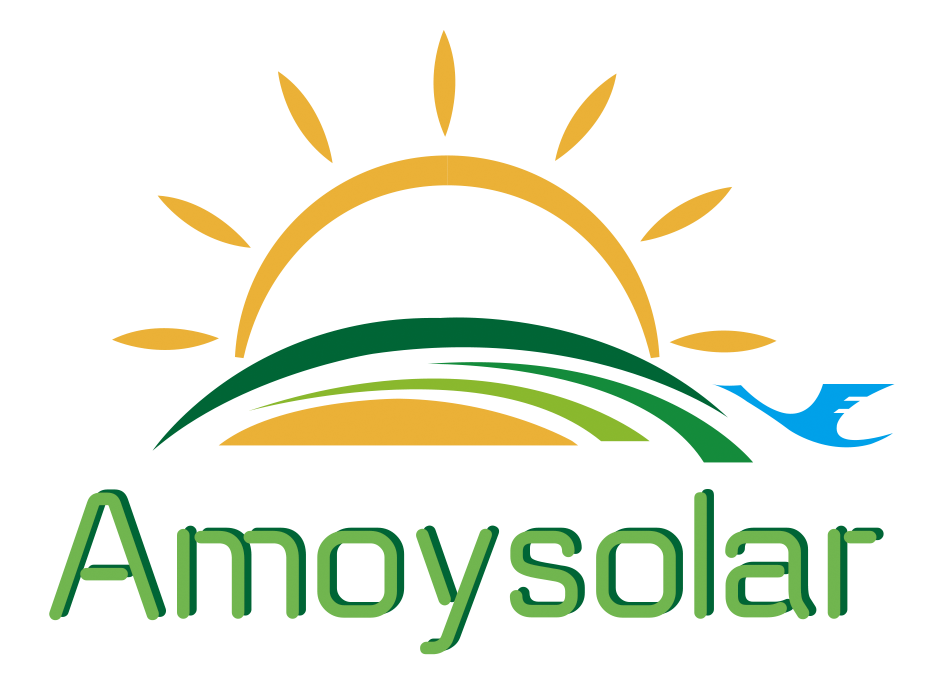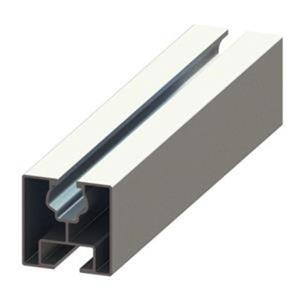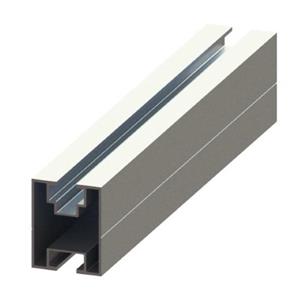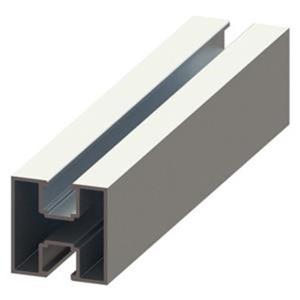Request for Information: Scaling the U.S. Solar Manufacturing Workforce
WASHINGTON, D.C. – The U.S. Department of Energy (DOE) Solar Energy Technologies Office (SETO) released a request for information (RFI) to better understand the anticipated quantity, quality, and accessibility of solar manufacturing roles, to anticipate the challenges for filling and training those roles, and to gather potential solutions for overcoming these barriers.
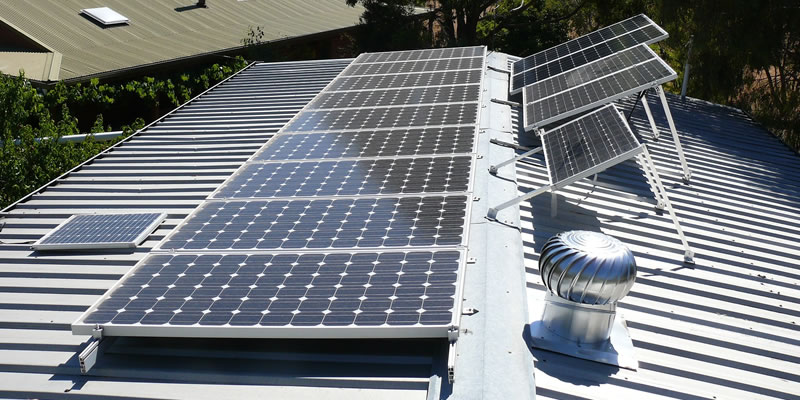
“With the passage of the Inflation Reduction Act, solar energy is poised for significant growth in domestic manufacturing,” said Alejandro Moreno, Acting Assistant Secretary, Energy Efficiency and Renewable Energy. “DOE wants to ensure the workforce that will support this growth is an equitable one, with long-term career paths that will revitalize communities across the United States, including underrepresented and historically underserved communities—in line with President Biden’s Justice40 goals.”
Since passage of the IRA, there have been 25 solar manufacturing facilities announced across the solar supply chain, representing more than 105 GW of manufacturing capacity. While setting up and launching a solar manufacturing plant will take 2-3 years, having these based in the United States. will help to build up technical expertise and capability, simplify shipping and logistics, and reduce supply chain insecurity.
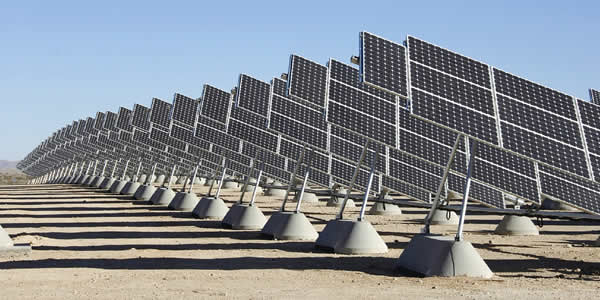
The RFI will solicit feedback from unions, industry, academia, research laboratories, government agencies, and other stakeholders on the challenges and opportunities associated with a historic expansion of the U.S. solar manufacturing workforce. SETO is specifically interested in feedback from manufacturers, suppliers, education and training providers, community-based organizations, and workers’ rights organizations, including labor unions.
This RFI pertains to job roles associated with operating U.S.-based manufacturing facilities involved in the production of:
Photovoltaic (PV) modules (including crystalline silicon and thin-film)
Semiconductor materials and components (e.g., Si metal, polysilicon, ingots, wafers, cells)
Materials used to construct PV modules (e.g., solar glass, frames, encapsulants, backsheets, etc.)
Other equipment associated with PV systems.
SETO is also particularly interested in ways in which SETO and other government agencies can help promote an employee-centered, diverse, and inclusive solar manufacturing workforce with access to quality jobs, defined career pathways, and a free and fair chance to join a union. Information received as part of this RFI is expected to inform future strategic programming and is part of a holistic approach across DOE to ensure an equitable clean energy workforce.
